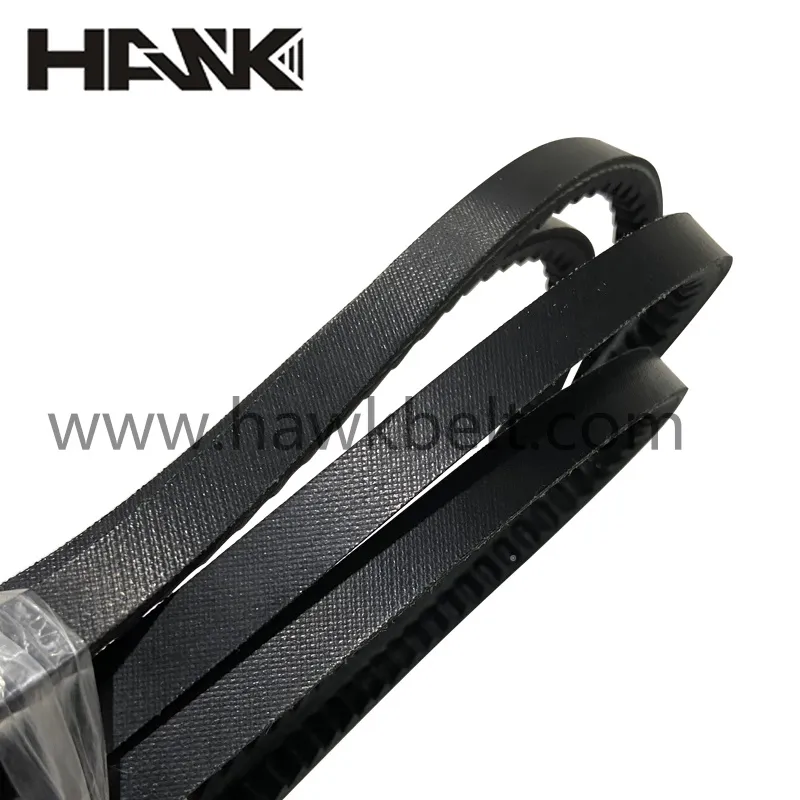- Arabic
- French
- Russian
- Spanish
- Portuguese
- Turkish
- Armenian
- English
- Albanian
- Amharic
- Azerbaijani
- Basque
- Belarusian
- Bengali
- Bosnian
- Bulgarian
- Catalan
- Cebuano
- Corsican
- Croatian
- Czech
- Danish
- Dutch
- Afrikaans
- Esperanto
- Estonian
- Finnish
- Frisian
- Galician
- Georgian
- German
- Greek
- Gujarati
- Haitian Creole
- hausa
- hawaiian
- Hebrew
- Hindi
- Miao
- Hungarian
- Icelandic
- igbo
- Indonesian
- irish
- Italian
- Japanese
- Javanese
- Kannada
- kazakh
- Khmer
- Rwandese
- Korean
- Kurdish
- Kyrgyz
- Lao
- Latin
- Latvian
- Lithuanian
- Luxembourgish
- Macedonian
- Malgashi
- Malay
- Malayalam
- Maltese
- Maori
- Marathi
- Mongolian
- Myanmar
- Nepali
- Norwegian
- Norwegian
- Occitan
- Pashto
- Persian
- Polish
- Punjabi
- Romanian
- Samoan
- Scottish Gaelic
- Serbian
- Sesotho
- Shona
- Sindhi
- Sinhala
- Slovak
- Slovenian
- Somali
- Sundanese
- Swahili
- Swedish
- Tagalog
- Tajik
- Tamil
- Tatar
- Telugu
- Thai
- Turkmen
- Ukrainian
- Urdu
- Uighur
- Uzbek
- Vietnamese
- Welsh
- Bantu
- Yiddish
- Yoruba
- Zulu
டிசம்பர் . 03, 2024 14:41 Back to list
small toothed belts
The Importance of Small Toothed Belts in Mechanical Systems
Small toothed belts, also known as timing belts or synchronous belts, have become an integral part of various mechanical systems due to their design and functionality. These belts are characterized by their toothed surfaces that mesh with specific pulleys, providing efficient power transmission while maintaining precise timing between components. Their applications range from automotive engines to industrial machinery, making them a vital component in modern engineering.
The Structure and Functionality of Small Toothed Belts
Small toothed belts are primarily made from flexible materials such as neoprene, polyurethane, or rubber, reinforced with fibers for added strength. The teeth on the belt align perfectly with the grooves on the pulleys, ensuring that the belt does not slip during operation. This precise engagement allows for accurate synchronization, which is critical in systems where timing is essential, such as in camshaft and crankshaft applications in engines.
One of the key advantages of small toothed belts is their efficiency. Unlike traditional V-belts that rely on friction for power transmission, toothed belts transmit power through positive engagement between the belt and pulleys. This results in minimal energy loss, leading to improved overall efficiency in the system. Moreover, small toothed belts operate quietly compared to other types, contributing to a reduction in noise pollution in various environments.
Applications in Various Industries
In the automotive industry, small toothed belts are predominantly used to connect the crankshaft and camshaft. Maintaining precise synchronization between these components is essential for optimal engine performance. A failure in the timing belt can lead to catastrophic engine damage, making regular maintenance and replacement crucial.
Beyond automotive applications, small toothed belts are widely used in industrial machinery. Conveyor systems, robotic arms, and CNC machines often utilize these belts for their reliability and efficiency. In manufacturing processes, where precision is key, the ability of toothed belts to keep components in sync significantly enhances the performance of the machinery.
Advantages of Small Toothed Belts
The benefits of small toothed belts extend beyond their efficiency and timing capabilities. Some notable advantages include
small toothed belts

1. Low Maintenance Toothed belts require less maintenance compared to other power transmission systems. They do not need regular tension adjustments and are resistant to wear and tear, reducing downtime in industrial settings.
2. Compact Design Their design allows for compact installations, which can be especially beneficial in applications where space is limited. This compactness helps in integrating them into smaller machinery without compromising performance.
3. Versatility Small toothed belts can be used in a wide range of applications, from household appliances to complex robotics. This versatility makes them a preferred choice across different sectors.
4. Cost-Effectiveness When considering the total cost of ownership, small toothed belts can prove to be a cost-effective solution. Their longevity and low maintenance requirements contribute to reduced operational costs over time.
Challenges and Considerations
Despite their numerous advantages, small toothed belts are not without drawbacks. One challenge is their susceptibility to environmental conditions. Extremes in temperature, exposure to oil, or ozone can compromise their integrity, leading to premature failure. Therefore, it is crucial to select the appropriate material and design for specific applications to mitigate these risks.
Additionally, while toothed belts are designed to minimize slippage, improper alignment or excessive load can lead to wear and reduce their lifespan. Proper installation and regular inspections are essential to ensure the belt operates optimally.
Conclusion
In conclusion, small toothed belts play a crucial role in the functionality of various mechanical systems. Their ability to transmit power efficiently while maintaining precise synchronization makes them indispensable in automotive and industrial applications alike. As technology continues to advance, the development of new materials and designs is likely to enhance the performance and durability of these belts, ensuring they remain a cornerstone of engineering for years to come. Whether in a car engine or a production line, small toothed belts exemplify the importance of precision and reliability in modern machinery.
-
Korean Auto Parts Timing Belt 24312-37500 For Hyundai/Kia
NewsMar.07,2025
-
7PK2300 90916-T2024 RIBBED BELT POLY V BELT PK BELT
NewsMar.07,2025
-
Chinese Auto Belt Factory 310-2M-22 For BMW/Mercedes-Benz
NewsMar.07,2025
-
Chinese Auto Belt Factory 310-2M-22 For BMW/Mercedes-Benz
NewsMar.07,2025
-
90916-02660 PK Belt 6PK1680 For Toyota
NewsMar.07,2025
-
drive belt serpentine belt
NewsMar.07,2025

